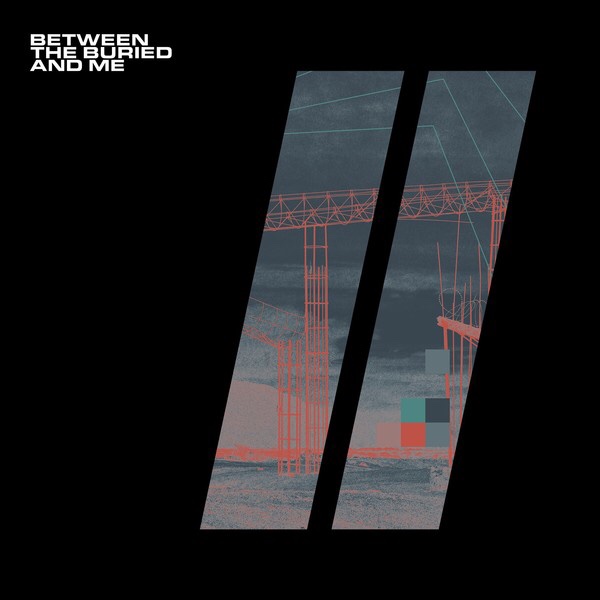
Between the Buried and Me (BTBAM) released Colors in 2007, an album that would change my life and the way I thought about music. It also changed a lot for the band, helping them away from the metalcore scene they were forged in, to opening slots in Amphitheaters with the likes of Dream Theater and Opeth. Those who were brave enough to get past their long name knew of their progressive tendencies, and on this album, it was on full force, like nothing before it, and in my mind since it.
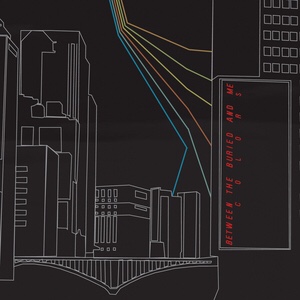
My love for that albums lies in its balance. Balance between heavy and soft sections. Balance between knowing when to take itself seriously and knowing when to surprise its audience. Balance on knowing how long to stay on a riff or a grove. Balance in its transitions. Perfect balance in its 8 unique and equally important parts, that flow through as one. A balance, that I search for in all albums, but is very rare to find.
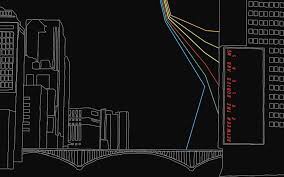
So when BTBAM announce a sequel to this album, I don’t take it lightly. This album has a lot of weight on its shoulders, and I don’t want a quick and easy cash grab.
The first single “Fix the Error” immediately left a bad taste in my mouth, aside from some Colors like arpeggios and some drum solos (that I did not yet know were 4 different drummers). It was quirky. It was punk like. And it had a vocal part that continues to grind at me after many listens.
Not at all what I think of when I think of Colors.
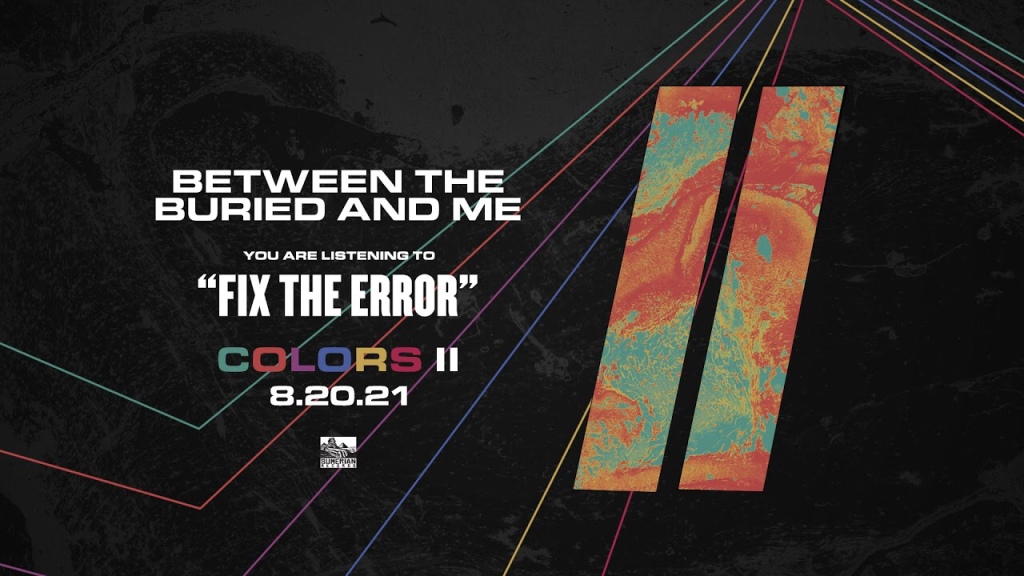
“Revolution in Limbo” was the next single, and this one blew me away. It sounded like old BTBAM. As if I could have been on the original Colors album. With brief moments that sounded like Alaska as well as ones that could have been on The Great Misdirect. The balance was back. Metalcore riffs, sweeping guitar licks, transitions that made sense, a confidence in its sense of melody, and a 9 minute runtime that just flew by.
Now I was confused. And the next single didn’t help me out either! A keyboard driven proggy/funky, technical death metal song that sounded more like the bands BTBAM inspired rather than themselves. Something that could have been done by The Contortionist or White Arms of Athena, while still fitting right at home on a Tommy (vocalist) solo record. Now I have three very different songs and no clue, how it all comes together.
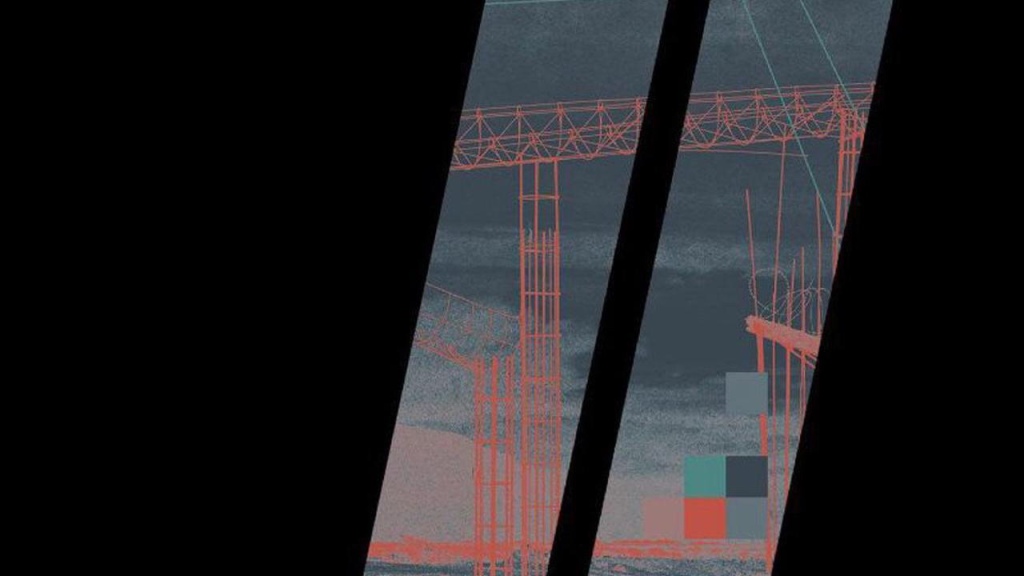
On my first listen to the whole album, I’ll be honest. I didn’t think it did. It felt like a bunch of different eras of BTBAM all fighting for seniority. I knew there were good moments and songs, but was ready to write a review about how the balance and melodies were severally lacking.
And then I listened to it some more.
And this long overwhelming album started making sense. Not only that, but it was flying by. And just because it didn’t have the same kind of standout melodies that the first Colors had, didn’t mean it didn’t have flow.
Flow became the word of the album, because I hadn’t realized until that point how much the flow was lacking on Automata and Coma Ecliptic. I’m not saying BTBAM forgot how to write an album. They’re obviously masters of that. But it wasn’t just songs connected by lyrics anymore. Musically, this album was making sense.
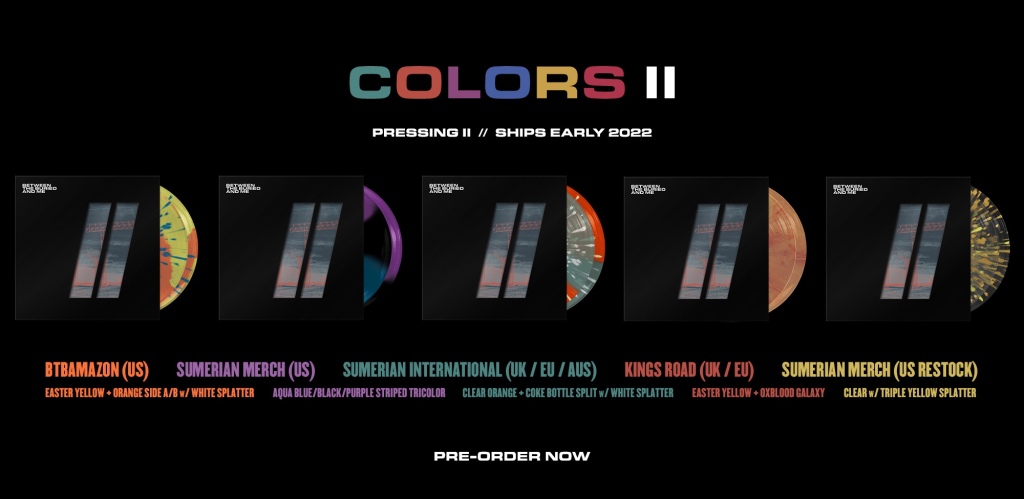
From the soft intro of “Monochrome” that we know to expect from them (starting with “Foam Born (A)” from Colors, to the subtle hints and similarities of “The Double Helix of Extinction” to “Foam Born B”. This song snd “Revolution in Limbo” are a ferocious double punch with drumming and guitar chugging that feels like an old friend returning, even though they’ve made a career out of it. Soon you start hearing references to all kinds of BTBAM songs. Is the drumming a reference to “Ants of the Sky”? The vocals a reference to “Lay Your Ghosts to Rest”? The melodic lines a reference to “Informal Gluttony” or “Extremophile Elite”? You start to wonder if they were intended or not. Standouts of the song are the growls (curtesy of drummer Blake), and Ants of the Sky saloon reference.
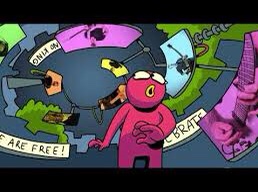
In the context of the record, “Fix the Error” comes at a perfect spot. Now that they’ve reintroduced the modern life and isolation themes of the first album, the theme of upbringing and revolution makes more sense. It truly becomes a time to celebrate (though I still hate the “if you see the rainbow” part).
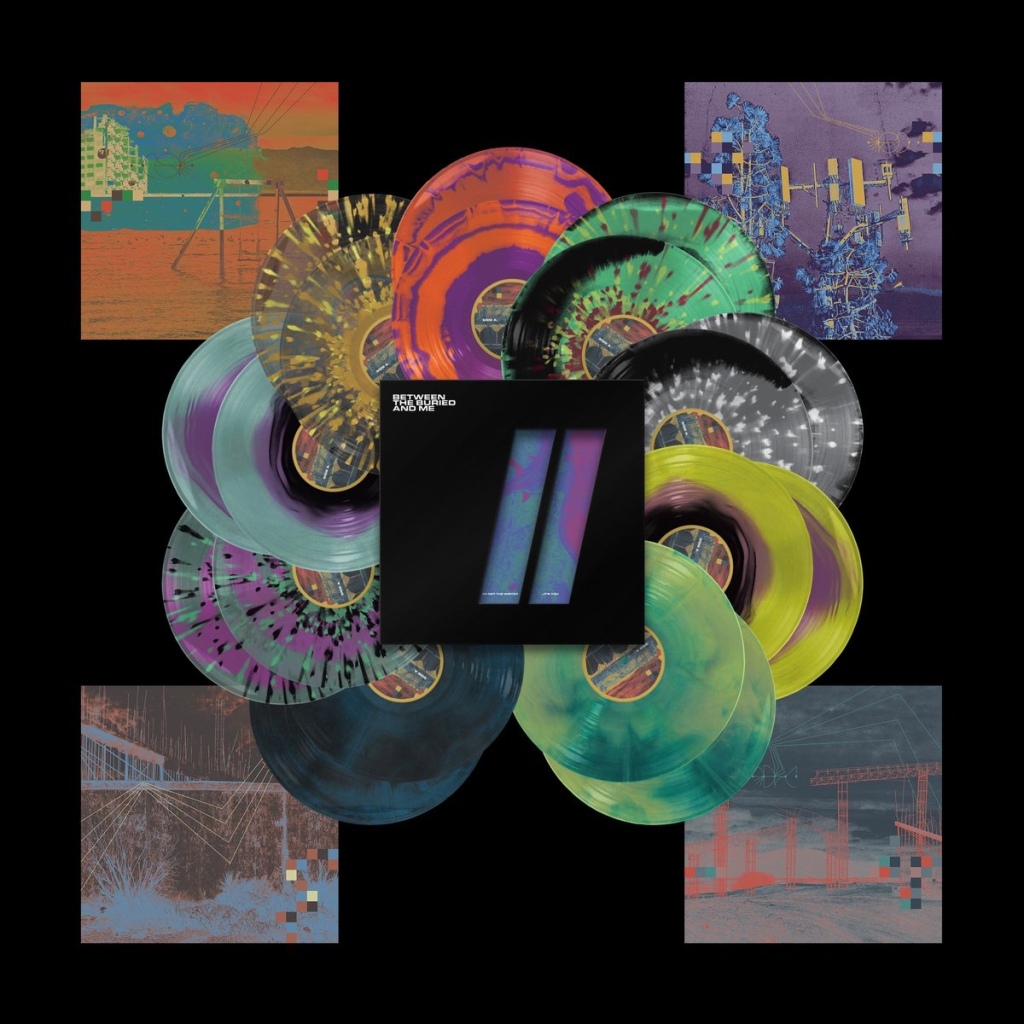
“Never Seen/Future Shock” is an 11 minute epic with “Telos” like riffs, melodies, random medical sounding sections, but it also demonstrates something on this album. Not only their confidence, but their sense of fun is really blending so well here. Maybe cause they could reference themselves so much, or maybe cause the songwriting came more naturally. But these long songs with twists and turns don’t feel like they’re dragging on. Even after a section with crazy timing, it pays off with about 4 minutes of beauty.
“Stare into the Abyss” is a keyboard driven electronic track that we’ve come to expect from them, but it provides necessary breathing room and has a post-rock climax. This before the chaos of “Prehistory”, with its video game/cartoon sounds. It follows in the footsteps of “Bloom”, “Voice of Trespass”, and “The Ectopic Stroll”, for the fun section of the album.
If the first half of the album showed they could still pull up their older and heavier style at will, this second half shows their arsenal of tricks aren’t just gimmicks, and the transitions are phenomenal. “Bad Habits” is one of the most interesting tracks in my opinion because it’s got a strong old school Prog vibe. Hints of King Crimson, Genesis, even Gentle Giant scattered throughout their aggressive delivery. From the keyboard tones, jazz, folk, and classical, it is definitely a Dan (bassist) song, it brings out the best in Tommy, especially with its emotional delivery of lyrics like the return of “sleep on, fly on” from “Ants of the Sky”.
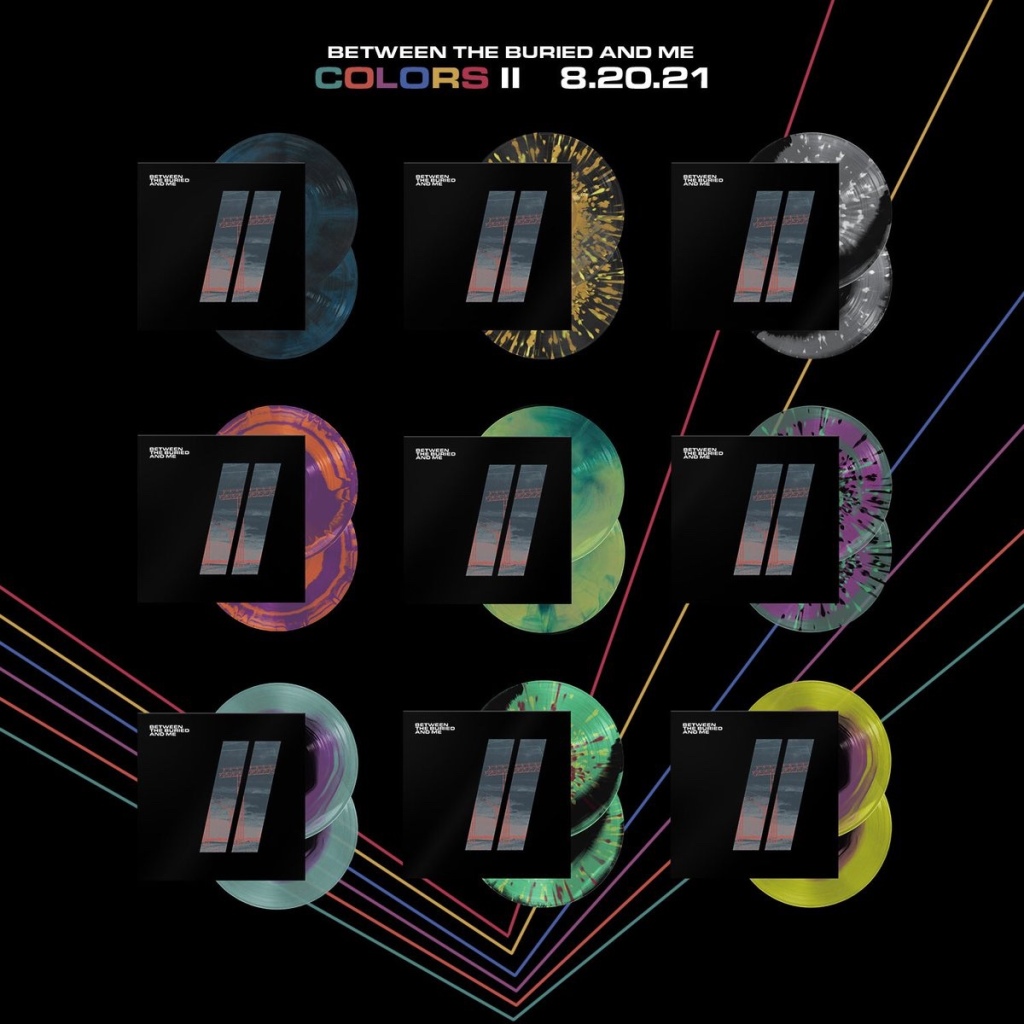
Then comes the aforementioned “The Future is Behind Us” which sounds so fun and welcoming in comparison, before moving on to “Turbulent”, which actually doesn’t live up to its name. In actuality, it is another moment of simplistic electronic keyboard parts, continuing what the previous track started while making references to other songs, bringing different ideas together. It just lets you get to the music while building up for what is to come. But before they do that, they actually drop out for a bit with “Sfumato”.
Like “Viridian” before it, the band provides breathing room before the epic closing track. It introduces what will be a main theme on the keyboard while giving off serious David Gilmour vibes, which you can never have enough off. This just leaves…
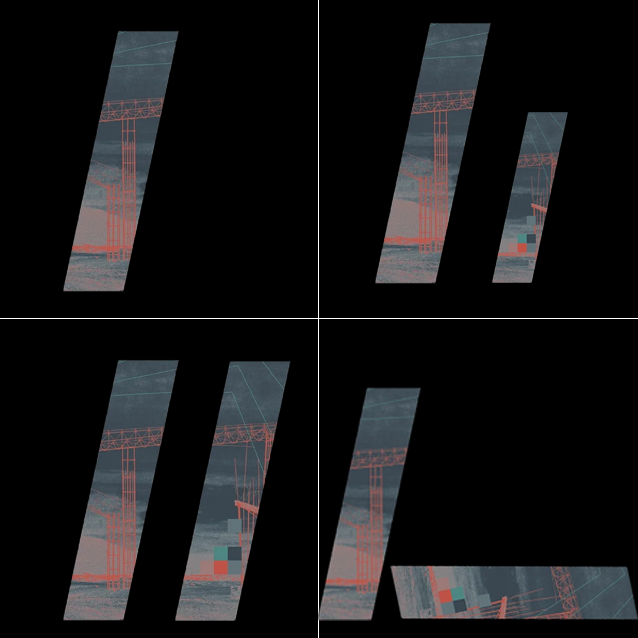
“Human is Hell”, which acts as the “White Walls” of the album. Starts off similar with a driving riff they actually borrow from The Great Misdirect. It follows a similar trajectory as “White Walls” but not without its surprises! The title of the song is said in a part that reminds me of “Digging the Graves” by The Faceless. The first few minutes are almost punishing in how heavy it comes off, and then the melodic chorus comes out of nowhere, almost bittersweet.
It’s impossible to say everything that happens in the song, let alone all the references. Halfway through the melodic melody from “Sfumato” comes back and introduces an extended soft section with beautiful lyrics, melodies, and solos. Then a familiar chord progression leads to a keyboard build up, similar to build ups we’ve seen in their epics before. You can already imagine the audience getting pumped up at this part for the big finish.
After a “Swim to the Moon” nod, a “Prequel to the Sequel” like breakdown, and mini drum solo, we have a brief soft part, before the final chorus. Once this ends, we have the brief major key guitar solo like seen on “Goodby to Everything (Reprise) and “The Grid”. This gives it a classical finale ending, as opposed the sorrowful one of “White Walls”. This is one of my few gripes because it feels like band is relying on it too much, but it is a short gripe for such a triumphant album.
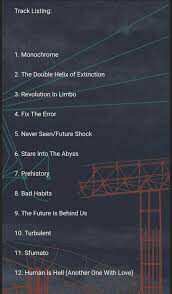
It is so hard to condense writing about this long album with all its references, all it twists and turns, all its technicality, and all its musical sensibility. I fear this review might already be as long as the album itself. But to try and summarize, for someone who was so worried about a sequel to something they loved so much, it wasn’t quite what I was expecting. Then again, how do you expect a sequel to something that was so unexpected in the first place. But the band passed the test with flying colors, finding a confident way to pick and choose the best parts of their career without completely redoing it.
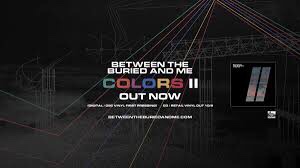
BTBAM has always had the unique ability of sounding like everyone other band and yet only like themselves at the same time. There wasn’t much they needed to prove to their fans at this point, but their impressive talent to continue challenging themselves while playing some of the most challenging music out there is nothing short of inspiring.
